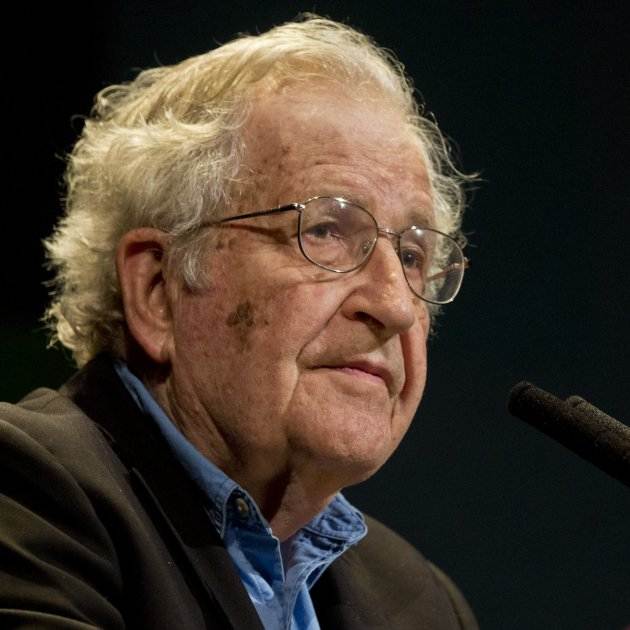Catalan organisation Òmnium Cultural has released a short new video bringing together international voices under the slogan “We demand justice and freedom”. The activists Noam Chomsky and Angela Davis, Nobel Peace Prize winner Jody Williams, football coach Pep Guardiola, the founder of Amnesty International's programme Art for Amnesty, Bill Shipsey, lawyer specialising in human rights Ben Emmerson and the journalist and writer Martín Caparrós are the protagonists of the video directed by photojournalist and winner of World Press Photo of the Year, Samuel Aranda.
The seven figures, all with high profiles internationally, denounce the regression in the areas of rights and freedoms in the Spanish state, defend freedom of expression and call for the release of the nine Catalan political prisoners.
The heart of the video is a manifesto the seven read directly to the camera which details the injustices and violations of rights which have taken place recently in Spain. The manifesto notes that freedom of expression, assembly and the right to vote are human rights protected by international treaties which have to be respected in a democracy. They also denounce the legal proceedings open against teachers, artists and activists and the sentences against the rappers Pablo Hasel and Valtònyc and emphasise that the democratic regression is being felt particularly strongly in Catalonia. Viewers are also reminded that there are nine people in pretrial detention for having supported the self-determination referendum of 1st October last year.
The video ends with a call for "Spanish institutions to stop their ideological repression" and a "demand [for] justice and freedom".
The video is available, with Spanish and Catalan subtitles, on Òmnium Cultural's social media feeds and the website Us volem a casa ("We want you home") which supports the exiles and political prisoners.
The campaign also uses short segments of the video adapted to different social networks and a gallery of photographs of the figures with their eyes closed.
Aranda commented that, with the choice of closed eyes, they were seeking "an aesthetic which would call the viewer's attention, not only with the seriousness of the situation of the political prisoners and the constant loss of freedoms, but also with the growing problem of the normalisation" of the situation. The impact of the closed eyes also highlights the expressions on the protagonists' faces.
